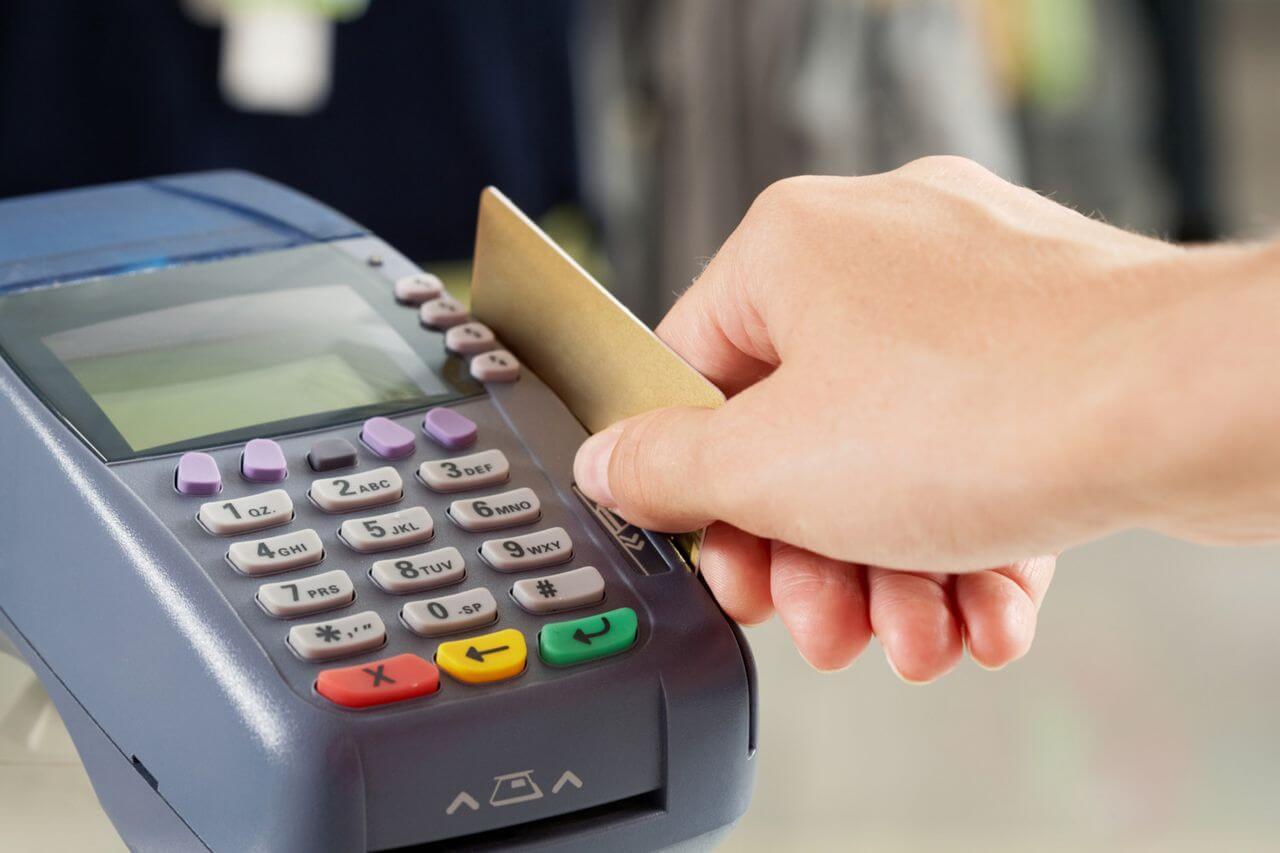Record cashback: UAH 443 million paid to Ukrainians in March
13 May 06:21
In March 2025, more than 3.4 million Ukrainians received a total of UAH 443 million in cashback for purchases of Ukrainian goods. This was reported by the Diia press service, "Komersant Ukrainian" reports
This is the largest amount of reimbursement in a month since the launch of the National Cashback Program, which began in September 2024.
In total, the state has already returned almost UAH 2 billion to citizens under the program. Consumers receive 10% cashback for every purchase of Ukrainian goods, thereby stimulating support for the national producer and the domestic economy.
The accrued funds can be spent on utility bills, books or medicines, charity or donations to the Armed Forces of Ukraine. The cashback will be available for use until the end of 2025.

Back in late April, it was reported that Ukrainians would receive a record 443 million UAH in March. At the time, the Ministry of Economy stated that the system processes millions of transactions to calculate cashback, which is a complex technological process that takes longer than usual. Since these funds are important to many people, the process is being completed as soon as possible, the press service emphasizes.
As a reminder, in February this year, program participants received UAH 384 million in cashback. At that time, payments were credited to the accounts of 3.2 million people. The National Cashback program was created to support consumers who buy Ukrainian-made goods.
The state returns part of the money spent, stimulating the development of the domestic market and supporting the national producer.
The Ministry of Economy notes that the National Cashback program has become popular among Ukrainians, and the number of participants is constantly growing. This demonstrates trust in government initiatives and a desire to support the country’s economy even in difficult times.
It is especially important that the program allows millions of families across Ukraine to receive additional financial support.









